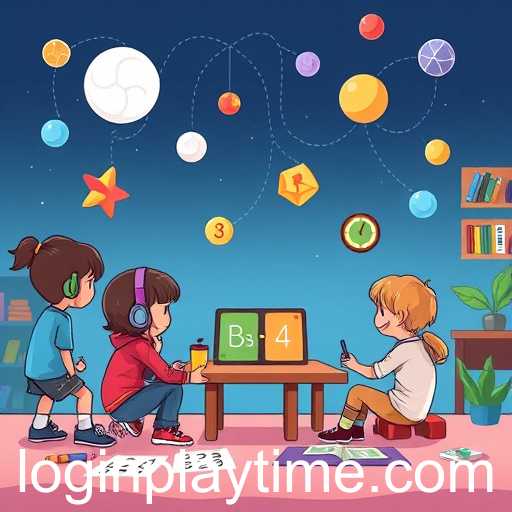In recent years, the world of online gaming has drastically evolved, reshaping the concept of 'playtime' and merging it with technological innovations. As we step into 2025, the landscape of gaming offers a multidimensional experience that goes beyond the traditional boundaries of a pastime activity.
Playtime in the digital era is no longer confined to simple graphics and linear gameplay. The integration of augmented reality and virtual reality has offered gamers immersive experiences that blur the lines between the virtual and the real world. This technological advancement has given birth to a new era of gaming where the player's physical environment interacts seamlessly with digital elements.
The year 2025 has also been marked by significant advancements in artificial intelligence and machine learning, which are now integral parts of game design. These technologies enhance the 'playtime' experience by allowing games to adapt to players' skills and preferences, offering customized challenges and storylines that keep users engaged for more extended periods.
Meanwhile, discussions in the gaming community have highlighted the importance of balancing gaming time with real-life responsibilities. With games becoming more addictive due to their complex narratives and interactive platforms, the industry has a responsibility to promote healthy playtime habits. Industry leaders are calling for features that remind users to take breaks and engage in outdoor activities.
The gaming industry’s financial architecture has also evolved with the rise of blockchain technology and NFTs, which have introduced new paradigms in in-game asset ownership and trade. Players now have the opportunity to earn real-world value through their in-game achievements, transforming playtime into a potential income stream.
As gaming dynamics progress, cybersecurity becomes increasingly critical. Protecting players' personal information and gaming assets from cyber threats is a top priority, leading to the development of more robust security protocols.
The ever-changing dynamics of online game playtime in 2025 emphasize the interplay between technology, behavioral patterns, and cultural shifts. It calls for ongoing dialogue among developers, players, and policymakers to ensure that innovation remains aligned with the community's wellbeing.








